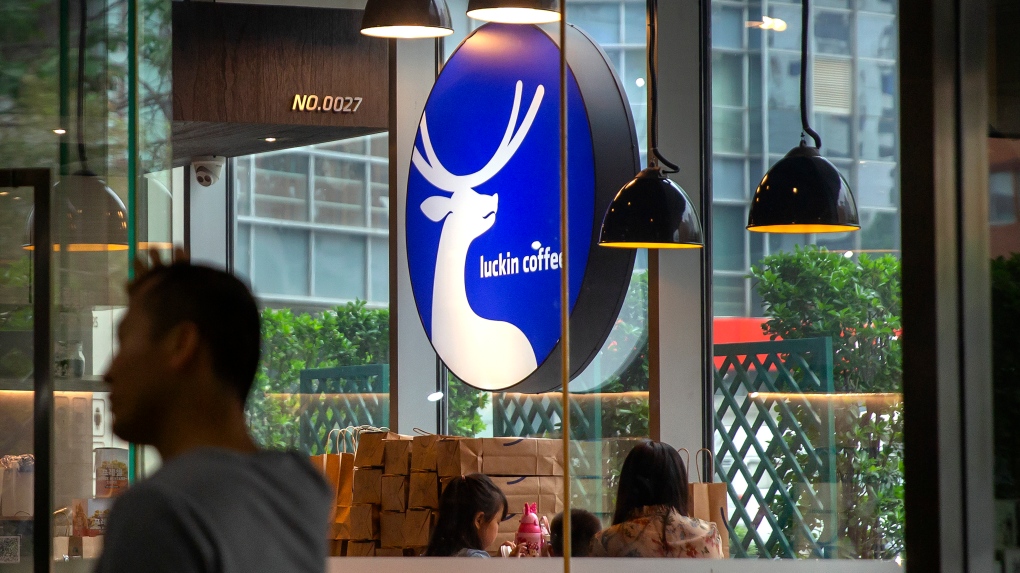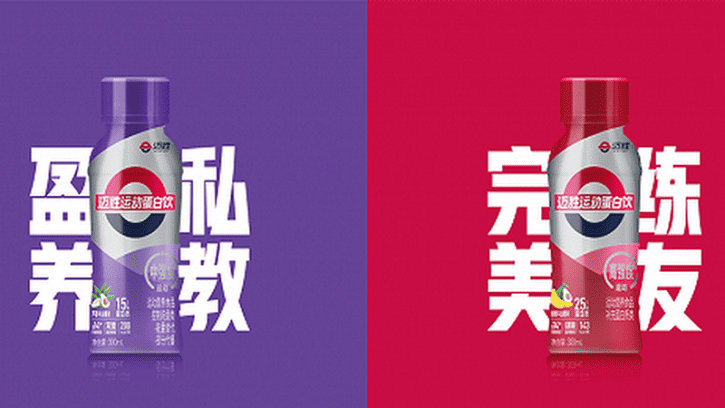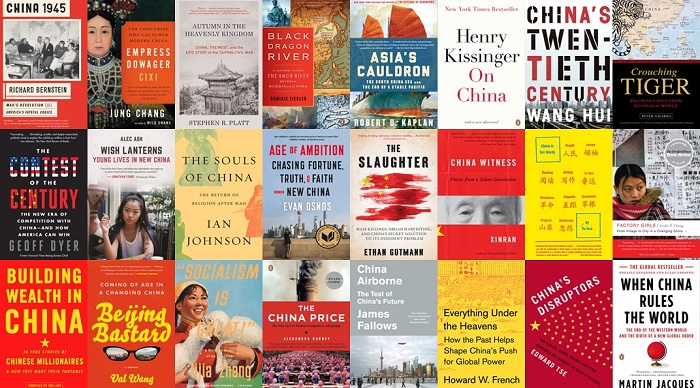China is notoriously a consumer of tea, but nevertheless, in recent years, it has become one of the largest coffee consumers among emerging countries. In particular, coffee consumption has grown among young Chinese professionals
Coffee Market in China
China is going to be the largest coffee market in the world by 2025 and almost reach 300 billion yuan (about $42.3 billion) by 2020. (source: International Coffee Organization). Coffee consumption in China has increased by an average annual rate of 20 percent over the past five years.
Need a cost effective TP (Tmall Partner) to sell in China?
We are an Official Tmall Partner e-commerce Agency. Our Services: E-Commerce, Search Engine Optimization, Advertising, Weibo, WeChat, WeChat Store & PR.
According to the analysis of the coffee market reported by Chinabgao, the growth rate of coffee consumption in China is about 20% per year, more than 2% above the global growth rate. Experts believe that the Chinese coffee market could reach trillions of yuan within 10 years.
The trend of western-style cafés
The rise of the Chinese middle class and a better standard of living has allowed the opening of hundreds of new coffee shops throughout China. According to m.sohu.com, in 2016 their number has increased exceeding 100 thousand points of sale
Making a ranking of the most competitive brands, in the urban cities, where the western lifestyle is more widespread, Starbucks and Costa firmly hold the top positions in terms of customer flow, according to the statistics of BMI Research in London. On the top step is Starbucks, which has adapted its format for Chinese consumers, with 2800 stores open in 130 cities, as many as 600 in Shanghai alone, more than those in New York or London.
Costa in China has focused a lot on the analysis of the local market and is willing to change its offer according to the tastes of consumers in the various regions. For this reason, it is not strange to hear customers say that, for example, Beijing’s Costa coffee tastes slightly different from that of Shanghai. In addition, the English chain offers different types of tea, a quiet environment, and loyalty programs with cards or apps.
Local Coffee Franchise & brands
Despite the predominant position of the big chains, coffee boutiques not affiliated with big brands are very popular: this type of premises offers a more comfortable environment and service.
- Lisun
Founded in 1987 in the province of Hainan, Lisun is the first company to introduce instant coffee in China. It became particularly famous for its coconut coffee. The company owns its own coffee plantation on the island of Hainan. Over the years, it has diversified its product range by launching different tastes of coffee, other types of beverages on the market and also selling roasted coffee as well as soluble coffee. - Hogood
Hogood is a Yunnan-based company founded in 2007. It is one of the largest coffee growers grown in China and one of the best-selling local coffee brands in the country. Hogood produces and sells roasted coffee, available in both grains and ground, and instant coffee. - Luckin Coffee
The leading coffee brand stores in China already become bigger in volume and number of franchises in China last year.
The most interesting target for coffee franchises in china: young people
According to m.sohu.com, the young people of the emerging middle class represent the driving force (75%) of the black beverage boom in the eastern country. Within this segment, female customers represent the largest share: 70%. Young consumers are demanding and pay particular attention to professionalism, drinks, and services tailored to their tastes, to a style of ceremonial service, to the care of the environment, and the diversification of menus among the various cafes.
Various market players operating above all offline are fighting against competitors active in e-commerce and offering high-quality coffee and food as a weapon to attract customers and offer them good reasons for staying in the long and fruitful café in terms of consumption.
How to sell your coffee in China?
Foreign companies that have opened a successful online store all have two common characteristics. They have the know-how to export to China and have a deep knowledge of digital technology. We need to do an important job to promote our brand on Chinese eCommerce platforms, with investments in marketing and communication
Ecommerce & Digitalization is Key for coffee sellers in China
In China, the b2c model is dominated by the Tmall portal of the Alibaba group, which holds a 56.6% stake. The other operators are very far. In the second place, there is Jd.com with 24.7 %. An increasing number of Chinese people are buying import products online, using some e-commerce platforms authorized by the Chinese government. The marketplace offers obvious advantages:
- existing and known platform
- online payments already active
- high traffic
- assistance 24 / 24-7 / 7
For a marketplace of those mentioned above we are talking about daily visits of millions of users, with an average purchase rate of around 30%, which for some online shops within them also counts in a 50%, once activated optimal customer service and put in place a well-designed promotion and visibility campaign. A thousand billion dollars is what Chinese e-commerce has been worth in 2017
You’ll need a Website in Chinese to sell your coffee in China
Having a Chinese Landing page hosting in China is an interesting and innovative solution created for anyone who wants visibility and success in the Chinese market. Thanks to the hosting of the page in China it is guaranteed the objective to be known in the Chinese market and to create business opportunities, such as looking for customers or partners, as well as Chinese importers or wholesalers.
Get your coffee brand visibility with Baidu SEO
A key operation is the optimization of search engines (SEO). The more you sell, the higher the search results appear. Businesses should invest in SEO and buy keywords based on “pay per click”. The higher the price of a keyword, the higher your products will appear in search results. And the more you sell, the more you position yourself at the top. It is essential to participate in online sales events or industry-specific events such as food weeks.
Coffee Franchises could use a bit of storytelling on Chinese Social Media
In China, major social networks such as Facebook, YouTube, or Twitter are banned and wage WeChat, a platform halfway between Whatsapp and Facebook. It is precisely on WeChat that most transactions are finalized, with staggering numbers: 877 million active users every day and just under 600 million transactions per day. On the app in question takes place most of the activities related to online buying and selling: live assistance (and strictly in local language); the style advisory in real-time (with experts in fashion, beauty and design that offer, always in chat, their own personalized advice) and online customer opinions, which can also be contacted, always via chat, by those who want to have direct information.
In this regard, it is interesting to highlight how the WeChat Pay payment function is increasingly used. As emerges from the Global Web Index data, in 2017, 46% of Chinese consumers said they made a mobile purchase and WeChat Pay was used by one in three people, reaching AliPay’s market share in a few years (39 %), the payment system of the Alibaba e-commerce giant.
Are you thinking to export your coffee brand? Contact GMA a digital marketing agency, specialized in the Chinese digital market.








Post on Facebook , see comment https://www.facebook.com/marketingtochina/posts/1793896994102844
Post on LInkedin, see professionals feedback.
https://www.linkedin.com/feed/update/urn:li:activity:6747521637274394624
Hello from Seattle
I have real special coffee to introduce to China. All my China sellers are telling me to do this